Visionary Leadership: The 7 Pivotal Decisions of Ho Chi Minh in Shaping Vietnam’s Destiny
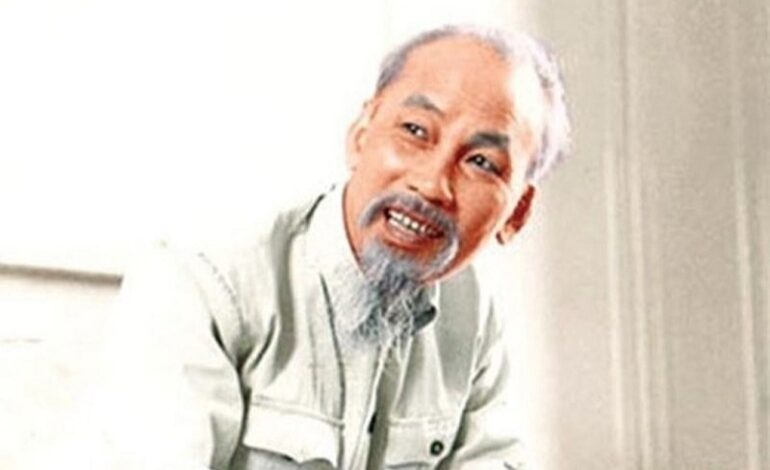
Introduction
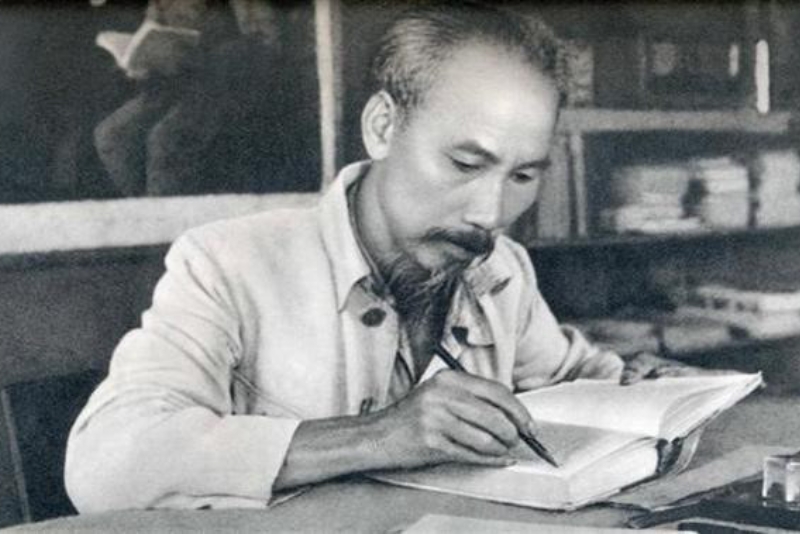
The life of Ho Chi Minh, born Nguyen Sinh Cung on May 19, 1890, unfolds like a gripping novel—a tale of resilience, unwavering commitment, and the indomitable spirit of a nation. His journey, etched in the annals of history, transcends borders and ideologies. Let us delve into the remarkable odyssey of this visionary leader.
Early Struggles and Awakening
Ho Chi Minh’s childhood was not merely a backdrop; it was a crucible of endurance. Raised in the humble village of Kim Lien, he bore witness to the struggles of his people—their toil, their dreams, and their quiet defiance against colonial oppression. Between the ages of 14 and 18, he managed to attend a grammar school in Hue—a beacon of education in a sea of adversity. Here, the seeds of political consciousness found fertile ground.
The dusty classrooms echoed with whispered aspirations for a free Vietnam. His subsequent wanderings—schoolmaster in Phan Thiet, apprentice in Saigon, and seaman on a French steamer—were not mere happenstance. They were chapters in a saga of self-discovery. African ports and American cities imprinted their stories upon his soul—the rhythmic pulse of distant lands, the scent of possibility, and the weight of injustice.
From London to France: The Socialist Awakening

In 1915, Ho Chi Minh settled in London—a city teeming with revolutionary fervor. Here, amidst fog-shrouded streets and bustling cafes, he immersed himself in socialist circles. Adopting the name Nguyen Ai Quoc (“Nguyen the Patriot”), he wielded his pen as a weapon. In 1919, he penned an eight-point petition to the Versailles Peace Conference—an audacious plea for equal rights for the subjects of French colonial rule in Indochina. His words echoed across continents, resonating with the dispossessed and the downtrodden. Though met with silence, they marked his ascent—a hero among politically conscious Vietnamese, a beacon of hope for those yearning for justice.
The Birth of a Revolutionary
France beckoned, and Ho Chi Minh answered. His years there (1917–1923) were not mere interludes; they were transformative crucibles. As a gardener, he tended to more than flowers—he nurtured ideas. Sweeping Parisian streets, he swept away complacency, absorbing the city’s revolutionary spirit.
Waiting tables, he served not just food but also the hunger for change. As a photo retoucher, he learned that images could be manipulated, but truth remained immutable. Amid the clatter of Parisian streets, he embraced socialism wholeheartedly. His vision crystallized: an independent Vietnam, free from colonial shackles. The Eiffel Tower bore witness to his silent resolve—the iron lattice mirroring the strength of his convictions.
The Indochina Communist Party and the Viet Minh
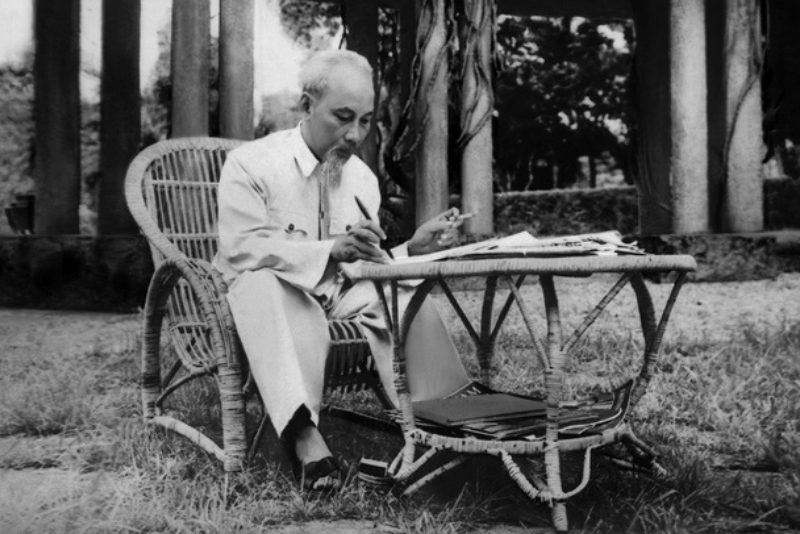
In 1930, Ho founded the Indochina Communist Party—a clandestine gathering of dreamers and rebels. The blueprint for revolution unfolded. World War II intensified his commitment. In 1941, he birthed the Viet Minh—a coalition of nationalists, communists, and anti-colonial forces. Their goal: liberation from French rule. The jungle became their battleground, and Ho Chi Minh their unwavering compass.
The Post-War Struggle and Leadership
As World War II ended, Ho seized the moment. On September 2, 1945, he stood before a jubilant crowd in Hanoi’s Ba Dinh Square. Vietnam’s independence was declared—the Democratic Republic of Vietnam was born. His leadership during the First Indochina War (1946–1954) galvanized a nation. The Geneva Accords carved the map, but Ho’s spirit remained unyielding.
The Vietnam War and Legacy
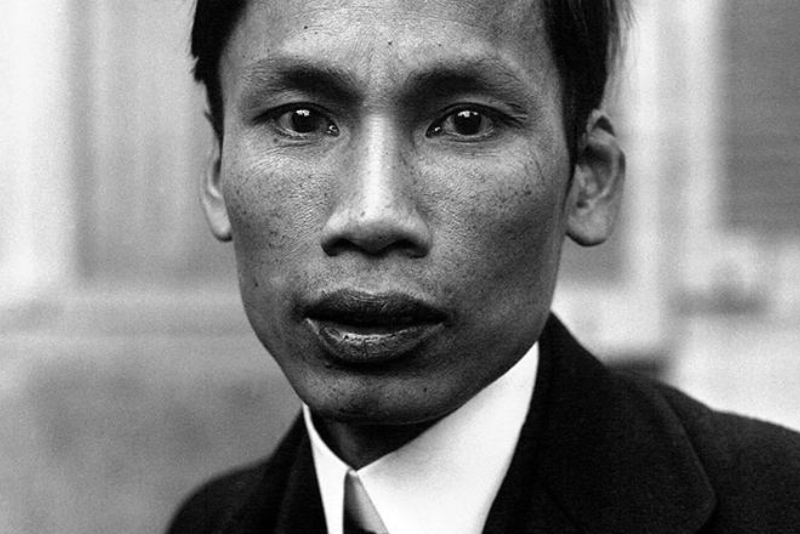
The Vietnam War cast its shadow. Ho Chi Minh’s resilience sustained North Vietnam. His face adorned propaganda posters, urging fighters onward. Despite failing health, he remained at the helm, a frail yet resolute figure. On September 2, 1969, he breathed his last in Hanoi—a nation mourned.
Ho Chi Minh’s legacy endures—a testament to the power of determination, sacrifice, and the unyielding pursuit of justice. His life remains intertwined with Vietnam’s struggle for sovereignty. The pages of history bear his name, and the echoes of his vision reverberate through time.







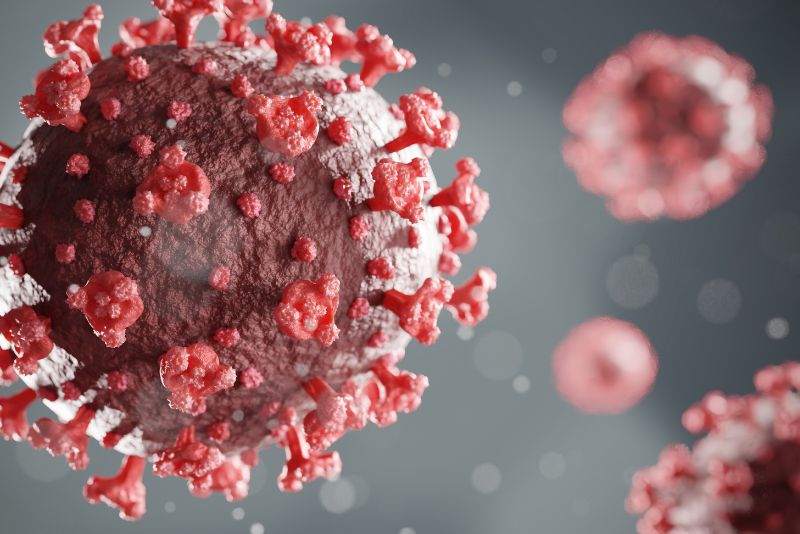
![Top 5 Most Powerful Mysterious Creatures Of All Time[Updated 2024]](https://newsdailybeats.com/wp-content/uploads/2024/06/mystery-creatures-1.jpg)
